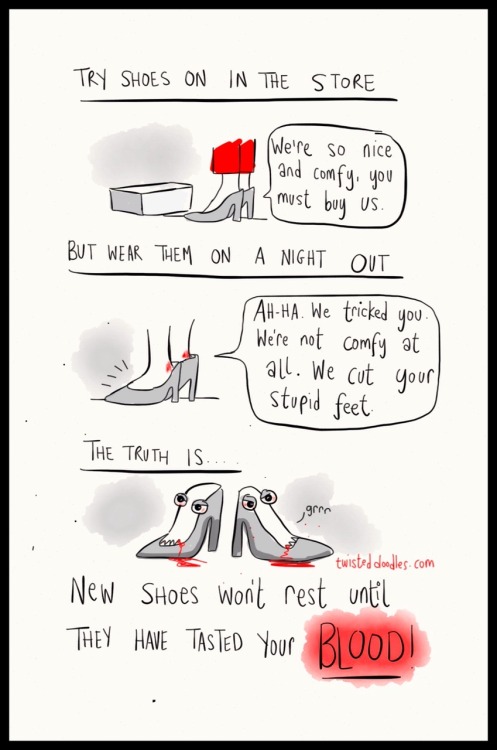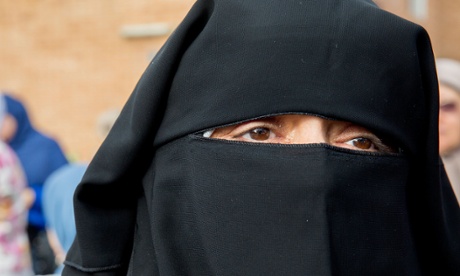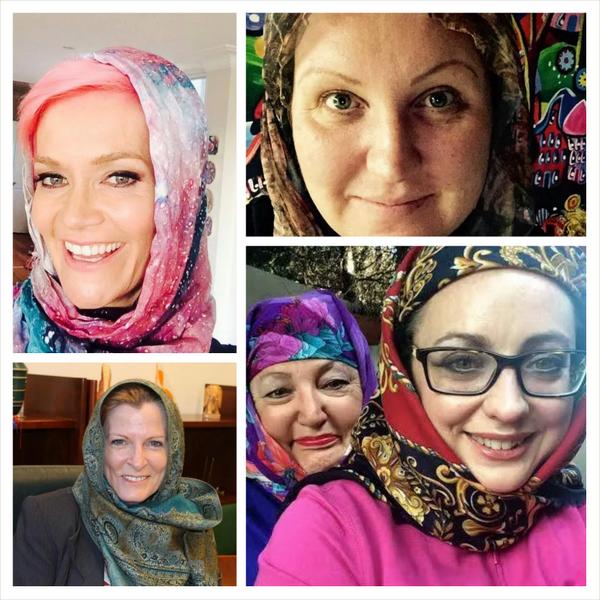
“How much time did you get with him?”
The message was insistent.
“Oh I duno, maybe 10 seconds? Five?"
“Take me through every single second…"
I grinned, cast my mind back to the brief moment of the handshake and let my thumbs fly...
The News
...the coolest kid/leader in town - President Barack Obama - was coming to visit my alma mater was everywhere. Fan girls and boys extolled their excitement with exclamation marks and witty status updates, an exuberance tempered only by the ire of the UQ (University of Queensland) students who realised that ‘day kids’ (students who didn’t stay at college) wouldn’t get a chance to attend. Understandably, it was an unpopular decision, to say the least. The news that only 40 or so students from every residential college was able to secure one of the sought after tickets rubbed a lot of people up the wrong way.
I have it on good authority that it was the University’s decision, and may have been due to the fact that they had to get RSVPs and confirmations with only a few days notice. The US Consulate/White House (as far as I have been led to believe) was keen to get as wide a demographic as possible but left it in the hands of the Universities and schools. Make of that what you will...
I was fortunate to snare a spot in the crowd, thank you US Consulate! Awkwardly though, I didn’t realise the tickets had to be picked up a couple of days before the event (at UQ!) until I was called up by the staff on the collection day! Sitting in my office in Perth, I scrambled to get a family member to pick up the invite for me. Predictably, no-one in my family picked up the phone! A friend came to my rescue and operation “Ticket Collection” was a success. (Shout out to my saviour Romy!)
I arrived in Brisbane on the morning of the event, rushing home from the airport with my little brother at the wheel and hurriedly deciding what to wear. It had to be comfortable, I thought, in order to be able to handle the incredibly sticky Brisbane heat. Not too crazy I told myself, but also with just enough ‘Yassmin-ness’ (read: flamboyance) to be appropriate. Smart Casual, the invite said, but since when did anyone pay attention to what the invite says? I went high waisted pants (*cough* cue *cough) and killer high heels (modest, of course!), so that I wasn’t just tall but towering. Ha, nothing like height to demand presence right?
Securing the Seat
Doors opened at 10.45am: I strolled in and secured a spot three rows from the front. I hadn't realised the President wasn't arriving for hours, so couldn't understand why the place wasn't immediately full. As I looked quizzically around the center, the guy next to me explained:
"Well, this is what happens when you rock up two hours early..."
Ah, indeed. Fortunately though, there was plenty of entertainment.
Politics of the young people in the crowd aside, the invite list was fascinating. Once the room began to fill up, there were a few hundred students in the risers complemented by hundreds of the men and women who help shape Australia. In the far right hand corner of the room sat the ‘heavy hitters’, and boy were there a few! Ex-Governor Generals, Premiers, former Premiers, business men and women and stalwarts of the Australian political scene. Wayne Swan, Qunnie Bryce, John Story, Sam Walsh, Bronwyn Bishop, Colin Barnett, Campbell Newman and Tanya Plibersek to name a few. It was daunting, but honestly? An awesome opportunity to make some new friends, I thought. The worst part was not recognising someone I really should have, particularly when they clearly think you know how important they are (sorry Colin Barnett). Something I am working on…
Funnily enough, one such 'High Net Worth Individual' commented on the number of heavy hitters in the room.
“The thing is,” he said. “I am not sure they are used to being made to wait!" …and yes, waiting is what they were doing.
Doors opened at 10.45am, but the President didn’t make his entrance until after 1pm. That is a lot of time for someone who deems their time critically important, but alas, if not for Obama, then who for?
The Vice Chancellor of UQ stood up to make a speech.
"This is a once in a lifetime opportunity... but I'm going to get off this stage because I know no-one is interested in what I have to say! I'm like the warm up act for the Rolling Stones!"
People chuckled, but it was true. There was a buzz in the air. Everyone was excited to be there, and even the loftiest figures a little bit groupie-like. The background music would occasionally fade out between songs, and every time there was a moment of silence, the room would instantly hush in anticipation. This is the moment, we were all be thinking, and then a note of the next song would ring out and the building erupt in (slightly nervous) laughter. The tension was palpable...
Then, the moment we had all been waiting for.
The announcement of #Obama # universityofqueensland A video posted by Yassmin Abdel-Magied (@yassmin_a) on
The Big O
I am not a massive fan of Obama's policies, and anyone who has had a discussion with me knows my opinions on his legacy. That being said, there is no denying his power as an orator. He came out and instantly the masses swooned, laughing uproariously at his aussie jokes and comments about "Fawr X".
His charisma is undeniable, and he used it to good effect: starting out bolstering the Aussie pride and subtly reinforcing our status as allies.
"As the world's only super power..." he would say, a silent barb towards China.
"These are our choices, oppression or liberty."
The real clincher however, came after he mentioned Indonesia, Japan, South Korea and the Philippines. The real surprise was what dominated the headlines; Obama's commitment to an International Climate Fund, aiding developing countries tackle the effects of climate change.
This is a fascinating development, particularly as I am personally interested in the effects of energy poverty and the dilemma around setting up countries to gain equal access to clean, cheap and sustainable energy. More on this at a later date...
The Handshake
It happened like this:
https://www.youtube.com/watch?v=nopWOC4SRm4
(All jokes aside...)
Speech was made, and he moved to the side of the stage. We had no idea if he was going to meet anyone, but the moment he started descending via the stairs, the crowds surged towards the barricade. There must have been ten secret service / body guard guys on each side, warning people not to shove cameras in his face as he walked along the black fence and greeted individuals.
I was aided by my enormous heels and wide hips. As I swung my way to the front, a former colleague from the Queensland Museum smiled at me.
"Get in there Yas!"
I grinned back. Oh yes indeed!
As the President turned towards me, my mind raced. What do I say? This wasn't the time for a foreign policy barb I supposed...
The handshake was firm, and his eyes fixed on my face, seemingly like an uncle I hadn't seen in a while.
"Thank you sir" was all I managed.
"How are you," he said (I think. It is a bit of a blur). He looked right at me (slightly up, I was really tall), perhaps slightly surprised to see someone who looked like me in the Australian crowd.
"Good, thanks..."
The lack of inspiration in my answers is slightly embarrassing in hindsight, as was the fact that I didn't go for the fist bump instead.
The aftermath
Lots of squealing. From everyone involved...









 Ladies and Gents, occasionally we have to use the tools the system has given us to agitate some change. That time may be now...
Ladies and Gents, occasionally we have to use the tools the system has given us to agitate some change. That time may be now...








